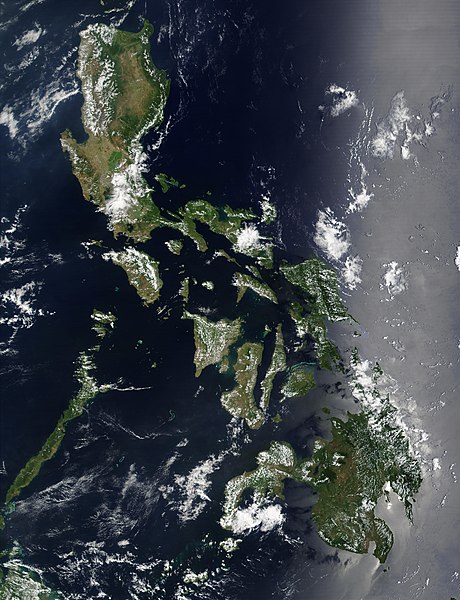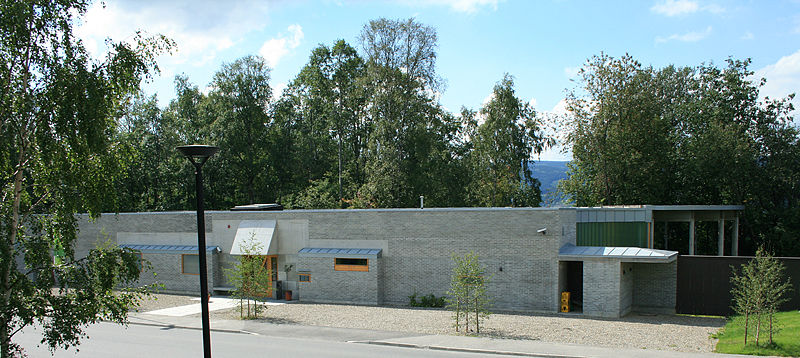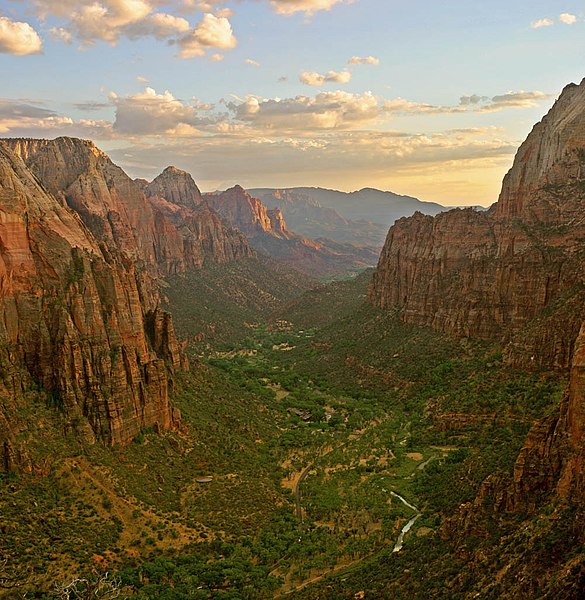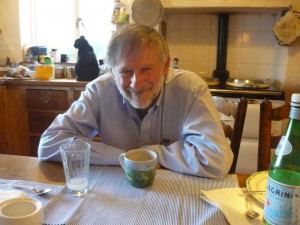This is the best essay I've read by Monbiot so far. Original article available
here.
Enclosure and dispossession have driven us, like John Clare, all a little mad.
by George Monbiot: journalist, author, academic and environmental and political activist, United Kingdom.
The land around Helpston, just to the north of Peterborough in Northamptonshire, now ranks among the most dismal and regularised tracts of countryside in Europe. But when the poet John Clare was born this coming Friday in 1793, it swarmed with life. Clare describes species whose presence there is almost unimaginable today. Corncrakes hid among the crops(1), ravens nested in a giant oak(2), nightjars circled the heath(3), the meadows sparkled with glow worms(4). Wrynecks still bred in old woodpecker holes(5). In the woods and brakes the last wildcats clung on(6).
The land was densely peopled. While life was hard and spare, it was also, he records, joyful and thrilling. The meadows resounded with children pranking and frolicking and gathering cowslips for their May Day games(7); the woods were alive with catcalls and laughter(8); around the shepherds’ fires, people sang ballads and told tales(9). We rightly remark the poverty and injustice of rural labour at that time; we also forget its wealth of fellowship.
All this Clare notes in tremulous bewitching detail, in the dialect of his own people. His father was a casual farm labourer, his family never more than a few days’ wages from the poorhouse. Clare himself, from early childhood, scraped a living in the fields. He was schooled capriciously, and only until the age of 12, but from his first bare contact fell wildly in love with the written word(10). His early poems are remarkable not only for the way in which everything he sees flares into life, but also for his ability to pour his mingled thoughts and observations onto the page as they occur, allowing you, as perhaps no other poet has done, to watch the world from inside his head. Read The Nightingale’s Nest, one of the finest poems in the English language, and you will see what I mean.
And then he sees it fall apart. Between 1809 and 1820, acts of enclosure granted the local landowners permission to fence the fields, the heaths and woods, excluding the people who had worked and played in them. Almost everything Clare loved was torn away. The ancient trees were felled, the scrub and furze were cleared, the rivers were canalised, the marshes drained, the natural curves of the land straightened and squared. Farming became more profitable, but many of the people of Helpston – especially those who depended on the commons for their survival – were deprived of their living. The places in which the people held their ceremonies and celebrated the passing of the seasons were fenced off. The community, like the land, was parcelled up, rationalised, atomised. I have watched the same process breaking up the Maasai of East Africa(11).
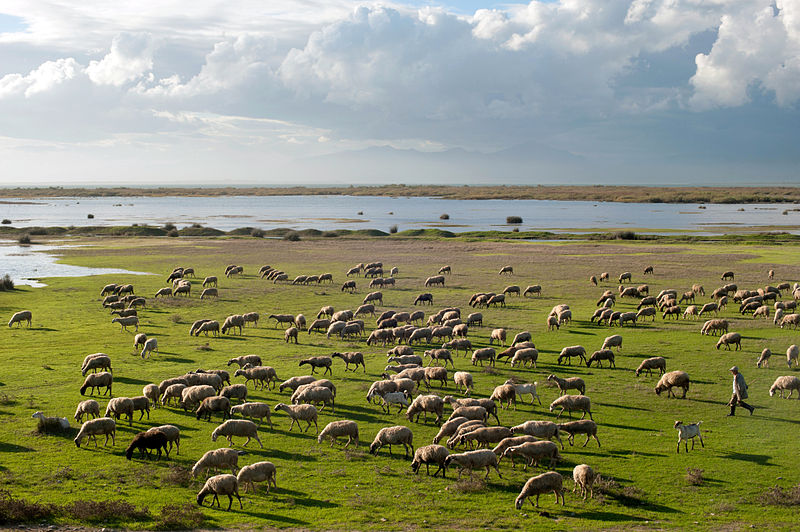





.jpg/1280px-Harbour_of_Christiania_(JW_Edy_plate_50).jpg)

